Home > Key Stage One > Maths > Number > Multiplication > Number Doubles
Tower Doubles
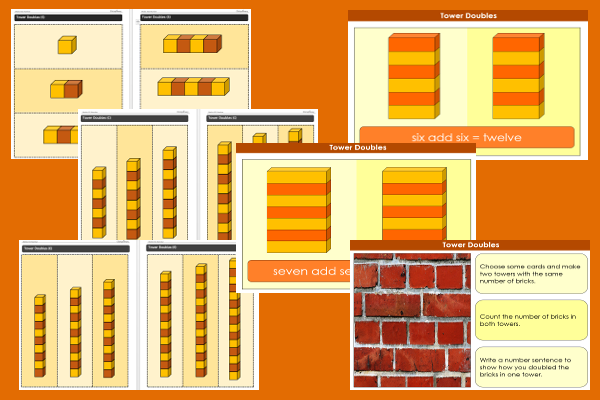
This maths teaching pack for Key Stage One gets the children to practise counting and doubling different numbers of cubes that have been used to make a range of towers to five, ten and fifteen.
The class can explain and model how to use repeated addition to support multiplication of different numbers by two when finding the matching products.
Download this teaching pack including classroom activities and an interactive presentation to practise counting and doubling different numbers of cubes that have been used to make a range of towers to five, ten and fifteen
Activities in this teaching pack include a set of differentiated cards to practise counting and doubling different numbers of cubes used to make towers to five for support ability levels, to ten for core ability levels and to fifteen for extension ability levels.
The interactive presentation gets the children to explore how to count and double different numbers of cubes used to make towers to five, ten and fifteen.
This lesson is part of a maths scheme of work to get the children to model and record how to double different numbers to twenty using concrete equipment and pictorial diagrams to support calculations. There are teaching activities for shared learning, differentiated worksheets to support independent learning and interactive presentations to introduce concepts and key skills.
-
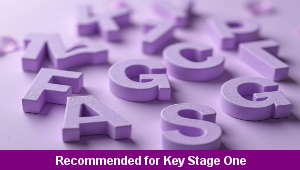
English Spelling Assessment
Assess abilities in spelling different vocabulary words based on the National Curriculum programmes of study for Key Stage One
-
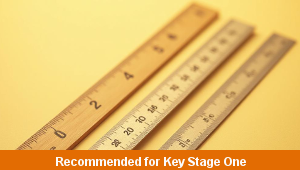
Maths Measurement Assessment
Assess abilities in estimating, measuring and comparing a range of different measurements for length, mass and capacity
-
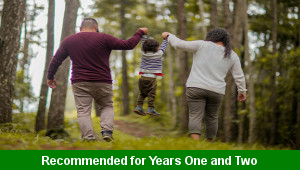
Family Life
Investigate and reflect on some of the special events and experiences that might happen in the life of a family
-
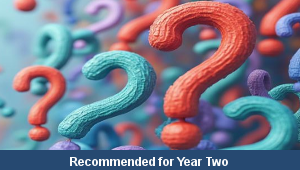
Final Sounds Word Guess
Practise playing some guessing and matching games to identify the spelling and meaning of words with different final sounds
